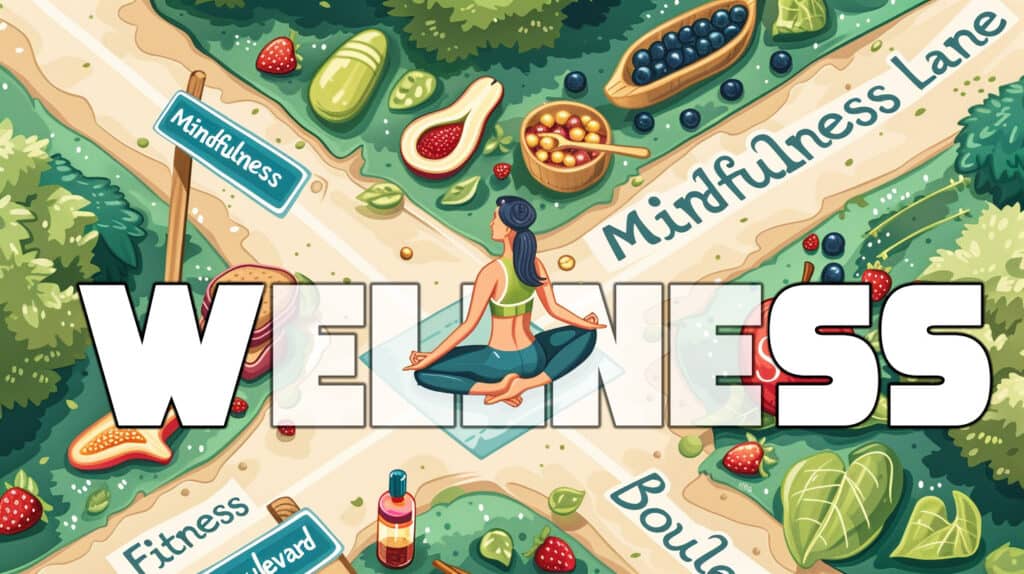
Is the Carnivore Diet Right for You?
Are you interested in the idea of simplifying your meals to include only animal-based foods? The carnivore diet is a controversial yet increasingly popular approach that eliminates plant-based foods entirely, focusing instead on meat, fish, eggs, and animal fats.
In this article, we’ll guide you through a 7-day carnivore diet meal plan, exploring its benefits, challenges, and tips for success.
After reading, you’ll have a clear roadmap to decide if this radical approach aligns with your health goals.
Start reading to discover how this diet works and how to start your journey!
Table Of Contents
- What Is the Carnivore Diet?
- Essential Foods for the Carnivore Diet
- Why Choose the Carnivore Diet?
- Foods to Avoid On Carnivore Diet
- Sample Carnivore Diet Meal Plan
- Benefits and Consequences of the Carnivore Diet
- Tips for Success
- Carnivore Diet Challenges
- Customizing Your Meal Plan
- Carnivore Diet Meal Plan: A Recap
What Is the Carnivore Diet?
The carnivore diet is a restrictive eating plan focused on animal foods. It eliminates plant-based foods entirely. This includes vegetables, fruits, grains, and legumes. Instead, the diet relies on meat, fish, eggs, and animal fats.
It’s a low-carbohydrate diet, offering high protein and saturated fat. Advocates suggest it promotes wellness and supports a good diet plan for some.
However, eliminating plant foods can increase the risk of nutrient deficiencies. Critics warn of potential long-term health risks, including links to cardiovascular disease. This elimination diet works for specific conditions but is not for everyone.
Carefully planned meal plans are essential for avoiding imbalances. Understanding the benefits and risks is key before trying this restrictive diet.
See also Why Is Diet Important? 8 Key Benefits for a Healthier You
Essential Foods for the Carnivore Diet
The carnivore diet focuses on eating animal-based foods, eliminating inflammatory foods, and offering potential health benefits like losing weight and lowering blood pressure. Animal products and fats are the main staples. Avoid processed meats for better results.
Categories of Meats:
- Beef: Ribeye, ground beef, brisket, sirloin.
- Lamb: Lamb chops, shanks, ground lamb.
- Seafood: Salmon, trout, shrimp, lobster, scallops, oysters, clams.
- Poultry: Chicken thighs, turkey breast, duck legs.
- Pork: Bacon, pork chops, ham, pork belly.
- Organ Meats: Liver, kidneys, heart, tongue, bone marrow.
- Foods to eat in limited amounts: Cheese, Eggs, Heavy cream, Milk, Yogurt, Bacon, Sausage, and Cured meats.
Why Choose the Carnivore Diet?
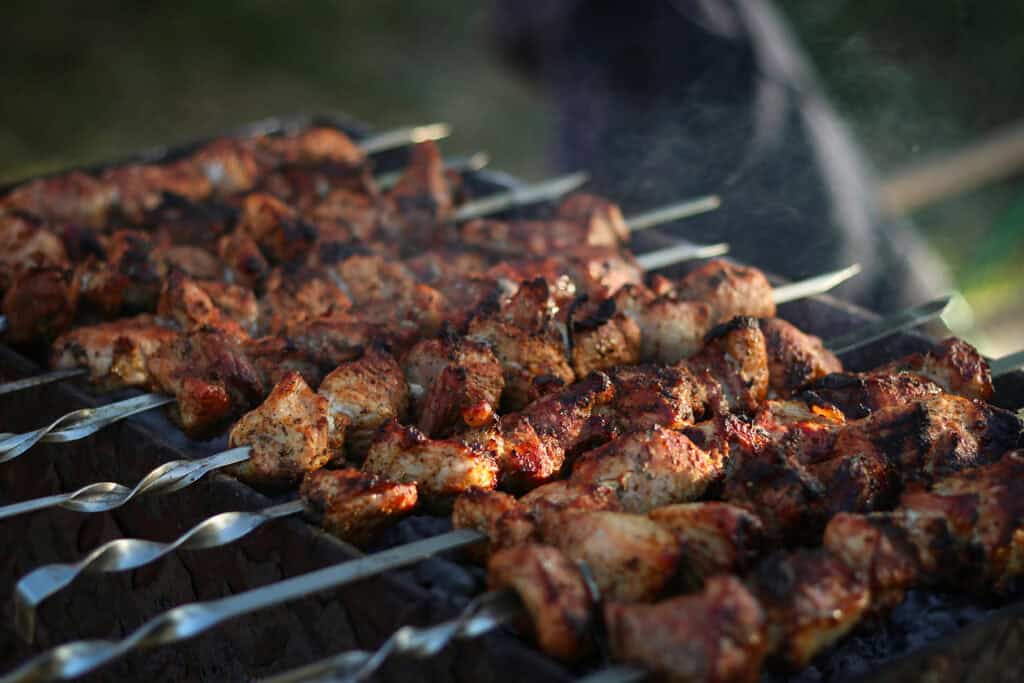
The carnivore diet focuses on eating only animal products. It’s a low-carbohydrate, high-protein diet. This approach may help reduce chronic diseases. Compared to other diets like the chicken and rice diet, it emphasizes simplicity and nutrient density.
Here are some reasons people follow this diet:
- Weight loss: By cutting carbs, your body burns fat faster.
- Improved energy: Protein and fats provide steady energy levels.
- Digestive health: It reduces bloating and gut issues for some people.
- Simplicity: You don’t have to count calories or portion sizes.
Foods to Avoid On Carnivore Diet
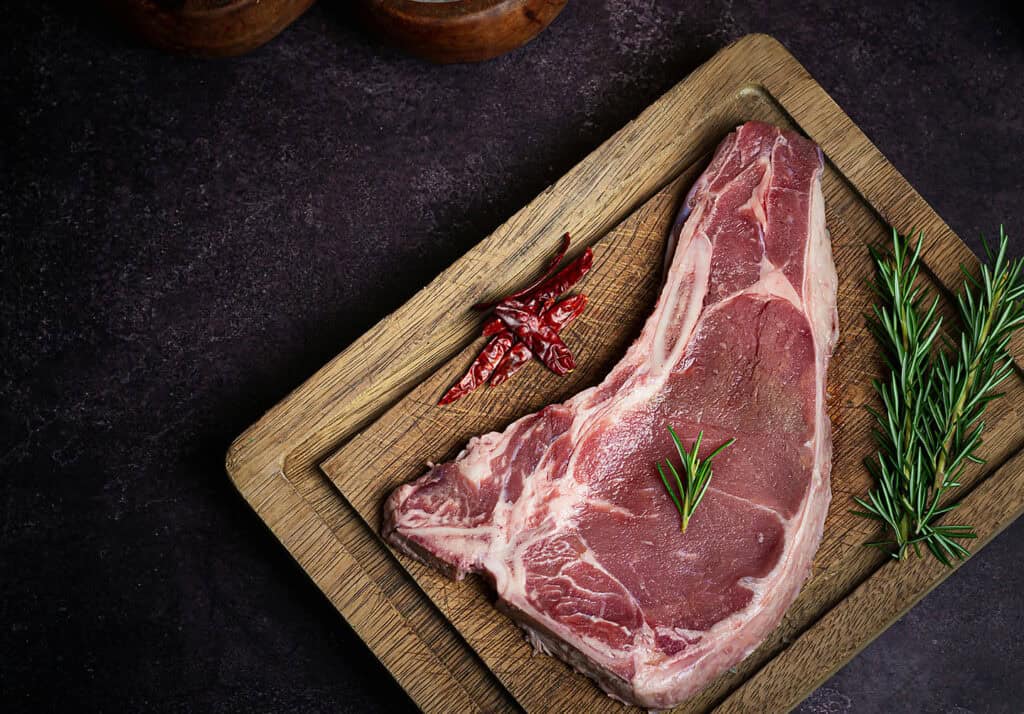
The carnivore diet excludes all non-animal foods. Avoiding them helps reduce carbohydrates and sugar. These foods provide some vitamins but lack the protein focus of this diet. Always consult a medical license holder, like the Cleveland Clinic, for advice.
Foods to Avoid:
- Grains like rice, wheat, and oats.
- Vegetables, fruits, and legumes.
- Sugary snacks and desserts.
- Processed foods with hidden carbs.
Sample Carnivore Diet Meal Plan
Below is a simple 7-day meal plan to get you started:
Day 1
Breakfast: 3 scrambled eggs cooked in butter, 3 slices of bacon.
Lunch: Grilled steak with melted butter.
Dinner: Pan-seared salmon with salt.
Snacks: Beef jerky or pork rinds.
1410 calories, ~101g fat, ~2g carbs, ~118g protein
Day 2
Breakfast: 4 fried eggs with sausage.
Lunch: Grilled chicken thighs with skin.
Dinner: Ground beef patties with melted cheese.
Snacks: Hard-boiled eggs or salami slices.
1460 calories, ~103g fat, ~4g carbs, ~120g protein
Day 3
Breakfast: Omelet with cheese and heavy cream.
Lunch: Roasted pork belly.
Dinner: Grilled lamb chops.
Snacks: Sliced smoked salmon or prosciutto.
1440 calories, ~117g fat, ~1g carbs, ~89g protein
Day 4
Breakfast: 2 sunny-side-up eggs with leftover steak.
Lunch: Pan-fried cod fillet with butter.
Dinner: Roasted duck breast.
Snacks: Pork cracklings or cheese cubes.
1120 calories, ~75g fat, ~1g carbs, ~99g protein
Day 5
Breakfast: Cheese-stuffed omelet.
Lunch: BBQ chicken drumsticks.
Dinner: Ribeye steak with garlic butter.
Snacks: Canned tuna or sardines.
1340 calories, ~91g fat, ~1g carbs, ~124g protein
Day 6
Breakfast: Poached eggs with hollandaise sauce.
Lunch: Grilled burger patties topped with cheese.
Dinner: Roasted beef brisket.
Snacks: Liver pâté or bone broth.
1390 calories, ~107g fat, ~2g carbs, ~97g protein
Day 7
Breakfast: Fried eggs with bacon and sausage.
Lunch: Pan-fried shrimp with butter.
Dinner: Slow-cooked short ribs.
Snacks: Smoked mackerel or pork rinds.
1360 calories, ~103g fat, ~2g carbs, ~101g protein
See also Diet Green Tea: 9 Refreshing Health Secrets
Benefits and Consequences of the Carnivore Diet
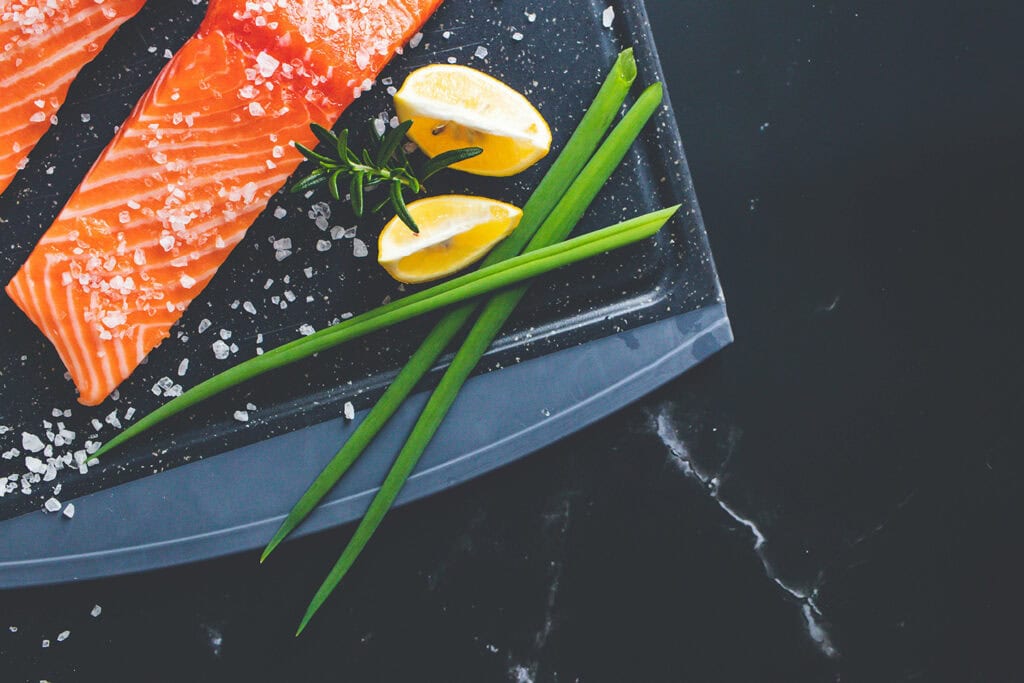
Benefits:
- Weight Loss: High-protein meals may promote weight loss by reducing appetite.
- Improved Focus: Some report mental clarity due to reduced carbohydrate intake.
- Reduced Inflammation: Claims of alleviated symptoms for autoimmune conditions.
- Increased Energy: Protein and fat can provide sustained energy levels.
- No Sugar: Eliminating sugar may stabilize blood sugar levels.
- Muscle Growth: High protein supports muscle building and repair.
- Fewer Cravings: Reduced carb consumption may curb food cravings.
- Improved Gut Health: Some report relief from bloating and digestive issues.
- No Calorie Counting: Focus on eating until satiated without strict calorie tracking.
Consequences:
- Nutritional Deficiency: Lack of essential vitamins and minerals from fruits and vegetables.
- Digestive Issues: Absence of fiber may lead to constipation.
- Heart Health Risks: High cholesterol and saturated fats may increase heart disease risk.
- Kidney Strain: Excessive protein intake can strain kidneys.
- Unsustainable: The restrictive nature may be hard to maintain long-term.
- Fatigue: Initial fatigue as the body adapts to low carbs.
- Expensive: High-quality meats can increase grocery costs.
- Social Challenges: Difficult to follow during gatherings or dining out.
- Lack of Variety: Monotony in meals may lead to dissatisfaction.
- Scientific Uncertainty: Long-term effects are not well-researched.
Tips for Success
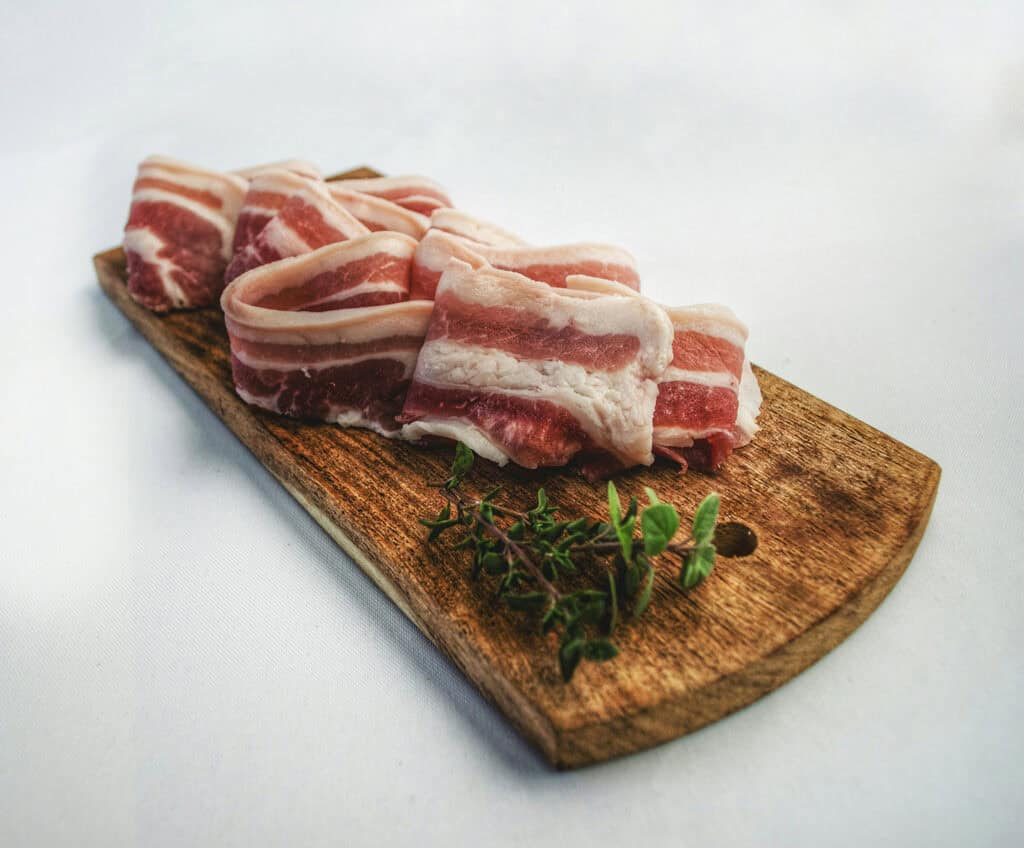
- Stay hydrated: Drink plenty of water throughout the day.
- Add electrolytes: Salt your food and consider magnesium supplements.
- Listen to your body: Eat when hungry and stop when full.
- Meal prep: Cook in bulk to save time during the week.
- Experiment: Try different cuts of meat to keep meals exciting.
Carnivore Diet Challenges
Following this diet can be tough at first. Here are some common issues:
- Keto flu: You may feel tired and dizzy as your body adjusts.
- Lack of variety: Eating only animal-based foods can feel boring.
- Social situations: Dining out or attending events can be tricky.
Customizing Your Meal Plan
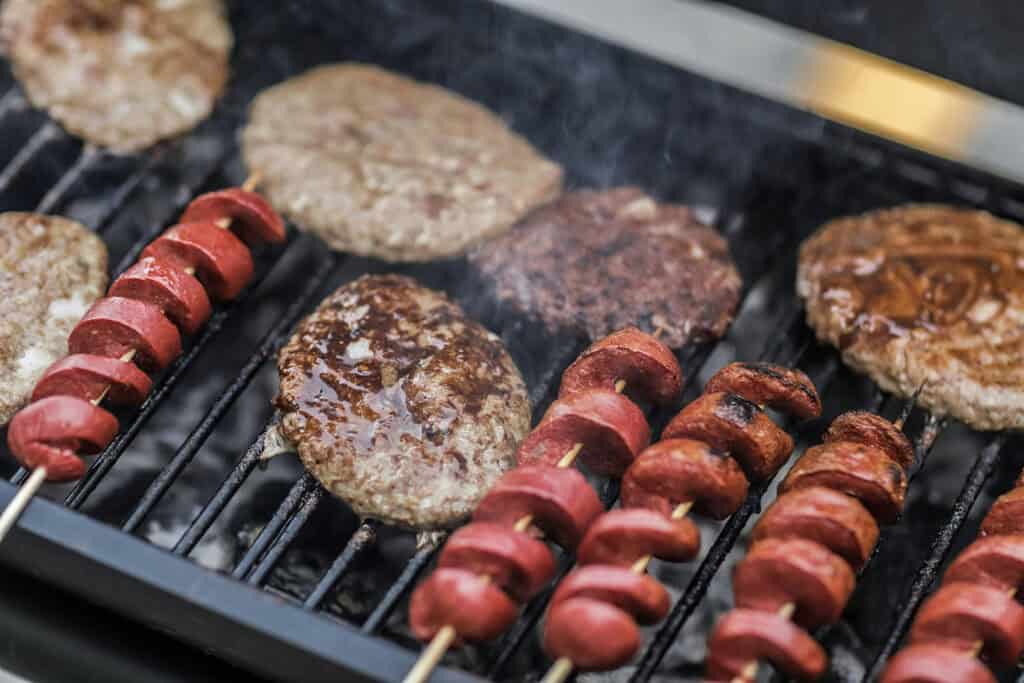
Everyone’s body is different. Adjust your meal plan to fit your needs:
- Add more fat: If you feel low energy, increase butter or fatty cuts of meat.
- Try intermittent fasting: Some find this boosts weight loss and focus.
- Include dairy: If tolerated, cheese and cream can add variety.
See also Rice Diet Recipes: 10 Simple Dishes for a Healthier You
Carnivore Diet Meal Plan: A Recap
A carnivore diet meal plan focuses on eating meat and animal-based products. It eliminates plant foods and unhealthy foods like sugar. This high-protein diet offers benefits like weight loss and muscle building. Grass-fed meat and lamb shanks provide rich nutrients.
Including foods like eggs, sour cream, and organ meats can diversify meals. However, consuming too much-saturated fat may raise concerns for kidney disease or heart health. Healthy bowel movements can be a challenge due to the lack of fiber.
Like paleo diets, a carnivore diet requires thoughtful meal plans to balance nutrients. Diet Sprite or other zero-calorie drinks can complement meals. Always consult a doctor to ensure safety before starting this strict eating style.
Eat smart!

